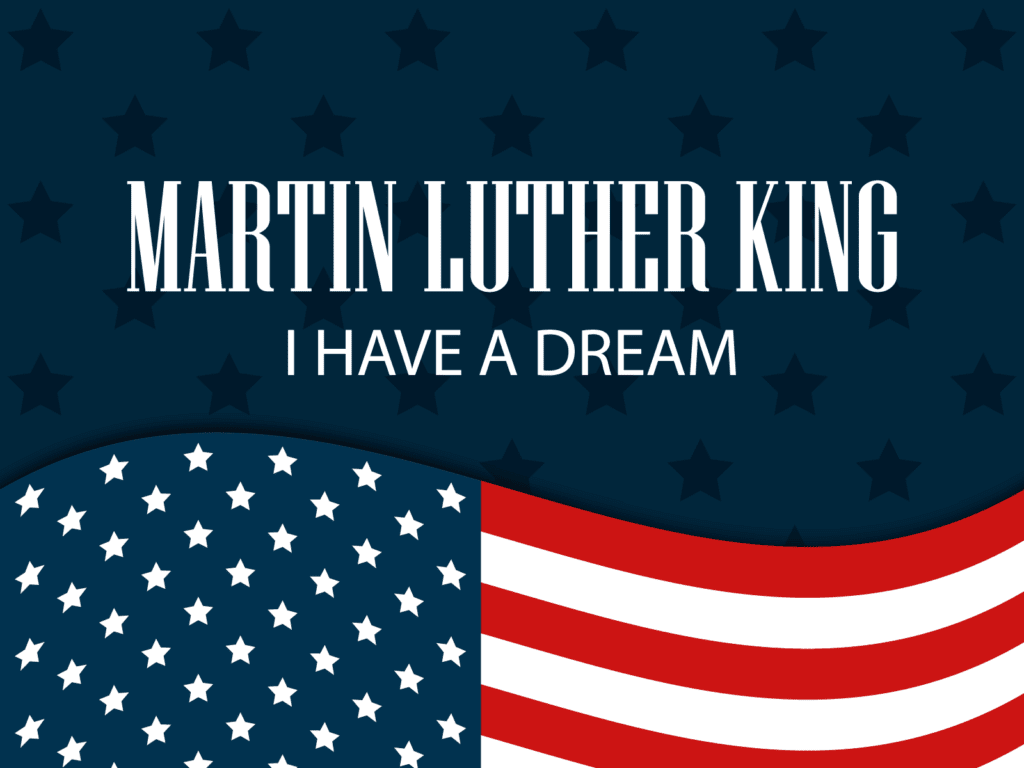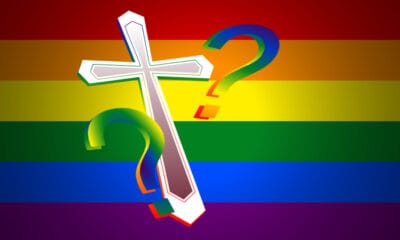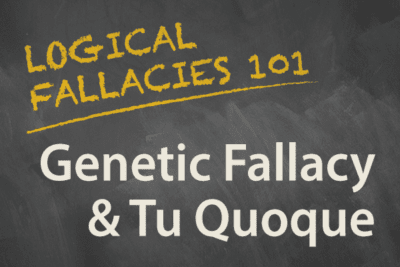Would Dr. King Have Marched for Marriage “Equality”? (Revised and Updated)
“Today marks a victory for equality, perseverance and love.” – Apple CEO Tim Cook
These were the words tweeted by Apple CEO Tim Cook following the historic SCOTUS decision to legalize same-sex marriage.[1] In similar fashion, after the SCOTUS decision went public, Google replaced their logo with a rainbow-colored heart on search pages for “gay marriage” and displayed a graphic of rainbow-colored cartoon characters holding hands.[2] This continued Google’s support of the issue that also included their 2012 “Legalize Love” campaign.[3] Google, which also owns YouTube, said, “Over the last 10 years, everyone from moms to presidents have uploaded videos in support of LGBT awareness, to stand up against bullying and discrimination, and to say together, as a community, that marriage equality matters.” [4] Of course, other pop-culture giants like Facebook and Twitter followed suit.
In ironic fashion, many of these same companies (Apple and Google specifically) today are featuring graphical tributes to Rev. Dr. Martin Luther King, Jr., a man who fought for true equality, perseverance, and love. Why is this ironic? Because I would argue that Dr. King would actually stand against the notion of marriage “equality” and the idea of “love” for which these pop-culture leaders stand.
Aside from the fact that Dr. King was an evangelical minister who would likely accept as authoritative the traditionally understood biblical teachings on marriage and against homosexual behavior, he was also quite the philosopher. Reading some of his more philosophical writings reveals why I think he would, on purely philosophical grounds, stand against this cultural’s current understandings of “equality” and “love” as they relate to same-sex marriage and homosexual behavior.
In his famous Letter from a Birmingham Jail Dr. King said, “I would agree with St. Augustine that ‘an unjust law is no law at all.’…To put it in the terms of St. Thomas Aquinas, an unjust law is a human law that is not rooted in eternal and natural law.”[5] What is “natural law”? It does not refer to the laws of physics and other such laws of the natural sciences. Rather, natural law is rooted in the nature/essence of some thing. In other words, natural law is that which is good for a thing according to what that thing is (its nature/essence). As Aquinas says, “Hence this is the first precept of law, that ‘good is to be done and pursued, and evil is to be avoided.’ All other precepts of the natural law are based upon this: so that whatever the practical reason naturally apprehends as man’s good (or evil) belongs to the precepts of the natural law as something to be done or avoided.”[6]
What is “Good”?
Of course, the question then arises, what is “good”? “Good” cannot be simply what someone happens to desire or think. If that were the case, then everyone’s desires and behaviors would be “good” and no one would have any grounds for meaningfully saying any other desires or behaviors (i.e., being against same-sex “marriage”) are actually bad/evil. On the contrary, classically understood “good” is that which fulfills the end/purpose of some thing according to its nature. Again, to quote Aquinas, “Good has the nature of an end, and evil, the nature of a contrary.”[7] For example, an eye that does not hear well provides no useful information regarding whether the eye is good or not. An eye that does not see well, however, is an objectively bad eye because it does not fulfill its purpose. Such an example turns to moral goodness because man, as a rational animal, is able both to know what is good for him and to choose whether to pursue that good or not. Because his intellect is directed to know the good, and his will is directed to pursuing the good, acting contrary to reason just is to act immorally.
Thus, acting contrary to the purposes of one’s various faculties is necessarily and objectively bad. It follows then that homosexual behavior, and by implication same-sex marriage, cannot possibly be good since they are contrary to both the unitive and procreative purposes of human sexuality. Such behavior does not unite one to his complimentary opposite, and it is an obviously sterile action by nature. Any law that recognizes and promotes such behavior and unions cannot, in the words of Dr. King, be a “just law.” There is nothing in the essences of natural marriage and same-sex friendships (however intimate they may be) that demands equality with natural marriage unions. A same-sex friendship simply is not what marriage is, and to act contrary to the purpose of marriage is necessarily to act immorally.
Where is the Love?
But Dr. King preached love did he not? How can such a view be loving? After all, Dr. King said, “I have also decided to stick with love, for I know that love is ultimately the only answer to mankind’s problems.”[8] Of course, in our confused pop-culture, “love” basically means affirmation and celebration. Is that what Dr. King had in mind with regards to love? I argue the answer is decidedly, “No.” Dr. King also said, “I have decided to love. If you are seeking the highest good, I think you can find it through love.”[9] Dr. King understood, with Aquinas, that true love means to will the good of another. What is the good? As has been shown, it is that which fulfills the end/purpose of some thing according to its nature. Thus, to will someone to celebrate and embrace behaviors that are necessarily bad is the polar opposite of love. That is why, after appealing to Aquinas and the natural law, Dr. King could say, “Any law that uplifts human personality is just. Any law that degrades human personality is unjust.”[10] Celebrating necessarily bad behavior (i.e. degrading human personality), and even writing it into law, is anything but loving or just.
To equate the debate over same-sex “marriage” with the civil rights movement for which Dr. King so adamantly fought is not only terrible logic (since it is a category mistake; one’s ethnicity is a different category of thing that one’s sexual behavior), it is also degrading to what Dr. King represented. I have no doubt that many fighting for, and celebrating, same-sex “marriage” and the like are motivated by what they think is love and compassion. But according to Dr. King, following Aquinas, it is contrary to the natural law, and it degrades human personality (regardless of what an individual happens to think or feel is the case).
One ought not simply hijack one aspect of what Dr. King stood for and not consider the further implications of what he said. If only those celebrating “equality” and “love” would understand what love truly means. Sometimes, as Dr. King illustrated, offering objections to a person’s misdirected views may be the most loving thing someone can do for them. Or as Dr. King himself said, “What is needed is a realization that power without love is reckless and abusive, and that love without power is sentimental and anemic.…power at its best is love implementing the demands of justice, and justice at its best is love correcting everything that stands against love. And this is what we must see as we move on.”[11]
Update: A Response to Objections from Civil Rights Activists
After this original blog was published last year, it was brought to my attention that one of Dr. King’s close associates in the civil rights movement, Bayard Rustin, was in fact a homosexual. It has been argued by some, both directly and indirectly associated with Dr. King, that he would in fact be in favor of both same-sex “marriage” and the way the debate over homosexuality has been framed. As John Blake of CNN notes, Dr. King’s daughter, Rev. Bernice King, marched against same-sex “marriage” while her mother Coretta King “was a vocal supporter of gay rights.”[12] Of the arguments I have seen that conclude Dr. King would advocate for same-sex “marriage” rights, most stem from the misunderstanding of love and willing the good discussed above. They essentially beg the question by assuming a wrong definition of love from the start.
We have no writings or recordings of Dr. King speaking out in favor of homosexuality. The fact that he employed the talents of a homosexual man during the civil rights movement proves nothing more than Dr. King could work for a common cause with anyone who shared his views related to that cause. That cause was civil rights, not same-sex “marriage” rights. What we do have are Dr. King’s own words about natural law, love, and the good. We have the 1958 Ebony magazine article where Dr. King counsels a boy struggling with same-sex attraction and telling him that such desires are a “problem” with a “solution.”[15] In other words, we have from Dr. King well thought out argumentation for natural law and the true meaning of love which logically lead to the conclusion that homosexual behavior and same-sex relationships are necessarily bad. We have a well thought argument of why truly loving others means to will their good. And we have the example of the life of a man who apparently sought to love everyone as best he could. Given the evidence available, I still conclude that Dr. King, in an effort to truly love his fellow man, would not march for marriage “equality,” because doing so would be neither loving nor just.
[accordion title = “References”]
- http://www.techtimes.com/articles/64209/20150627/google-celebrates-pride-google-gay-marriage-and-wait-for-a-colorful-surprise.htm
- http://time.com/3937669/google-gay-marriage-search-results/
- Ibid.
- http://www.breitbart.com/big-government/2015/06/27/facebook-twitter-google-celebrate-same-sex-marriage-decision/
- http://okra.stanford.edu/transcription/document_images/undecided/630416-019.pdf (p.7)
- Aquinas, Thomas (2010-06-19). Summa Theologica (Complete & Unabridged) . Coyote Canyon Press. Kindle Edition. Kindle location 37699.
- Ibid.
- http://www-personal.umich.edu/~gmarkus/MLK_WhereDoWeGo.pdf
- Ibid.
- http://okra.stanford.edu/transcription/document_images/undecided/630416-019.pdf (p.7)
- http://www-personal.umich.edu/~gmarkus/MLK_WhereDoWeGo.pdf
- http://religion.blogs.cnn.com/2012/01/16/what-did-mlk-think-about-gay-people/
- Ibid.
[/accordion]










